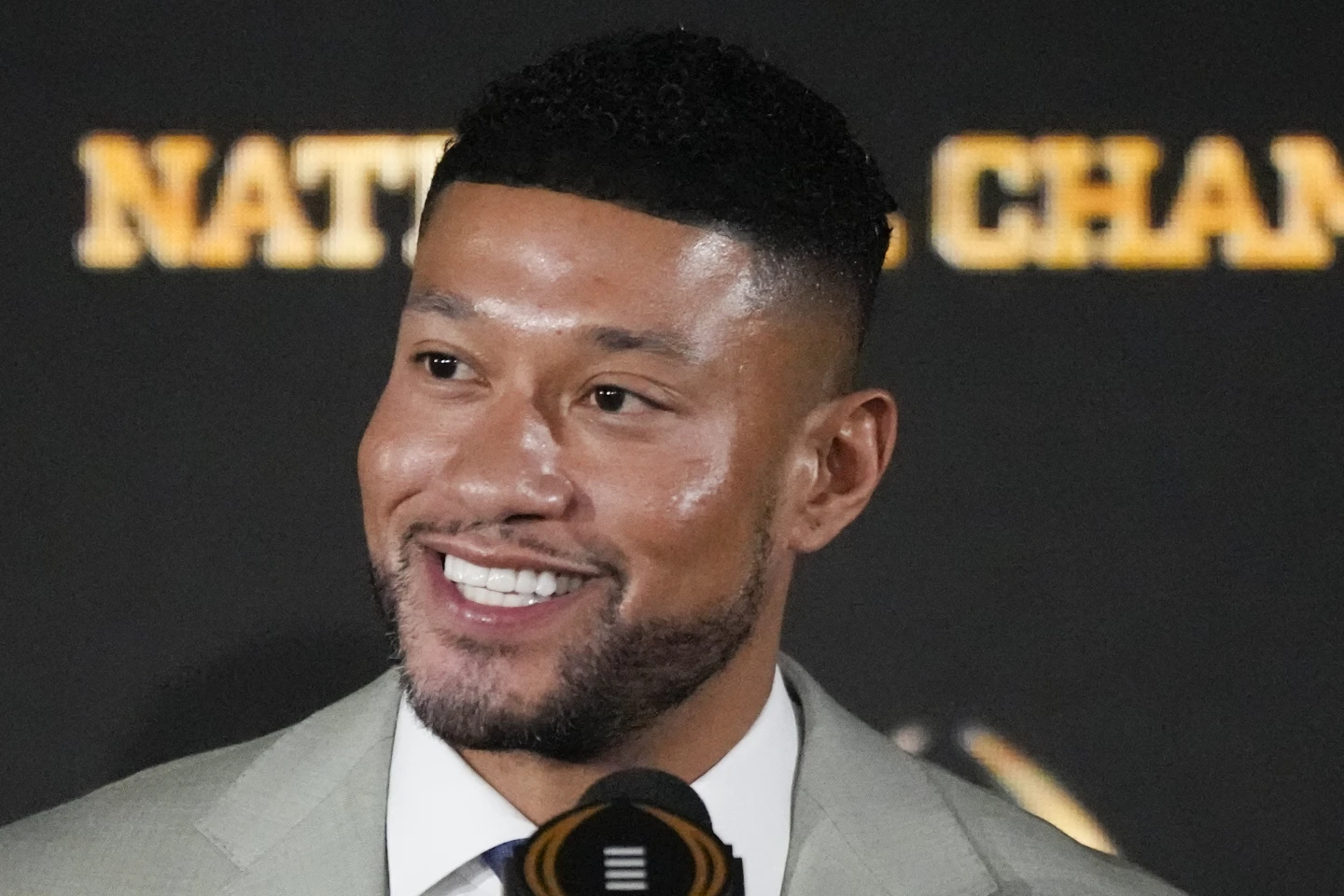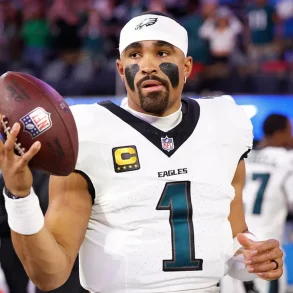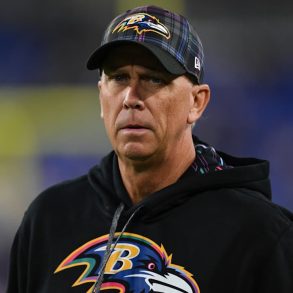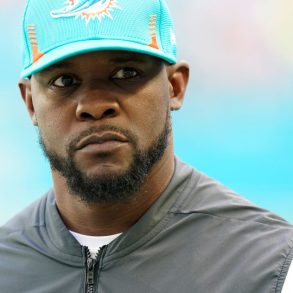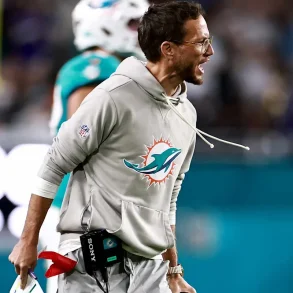Notre Dame football coach Marcus Freeman feels more at ease discussing the national championship opportunity his team has on Monday night, rather than focusing on the historical significance of the event if they win.
However, it is hard to ignore the importance of Freeman’s potential achievement. He is attempting to become the first African American coach to win a college football title at the highest level of the sport, and this moment coincides with some powerful events in the U.S.
Monday, January 20, is not only the day of the national championship game but also Martin Luther King Jr. Day and the day Donald Trump is inaugurated for his second presidential term. King dedicated his life to advocating for inclusion and equality, and today diversity initiatives on college campuses are under scrutiny.
“The timing of Marcus Freeman and Martin Luther King Jr. Day is a powerful symbol that should be viewed with cautious optimism,” said Joseph Cooper, director of the Institute for Innovative Leadership in Sport at UMass.
“And with the incoming administration and their professed commitment to undo DEI policies, it reflects the peril and the long journey we still have to go, beyond just breaking barriers with pioneers.”
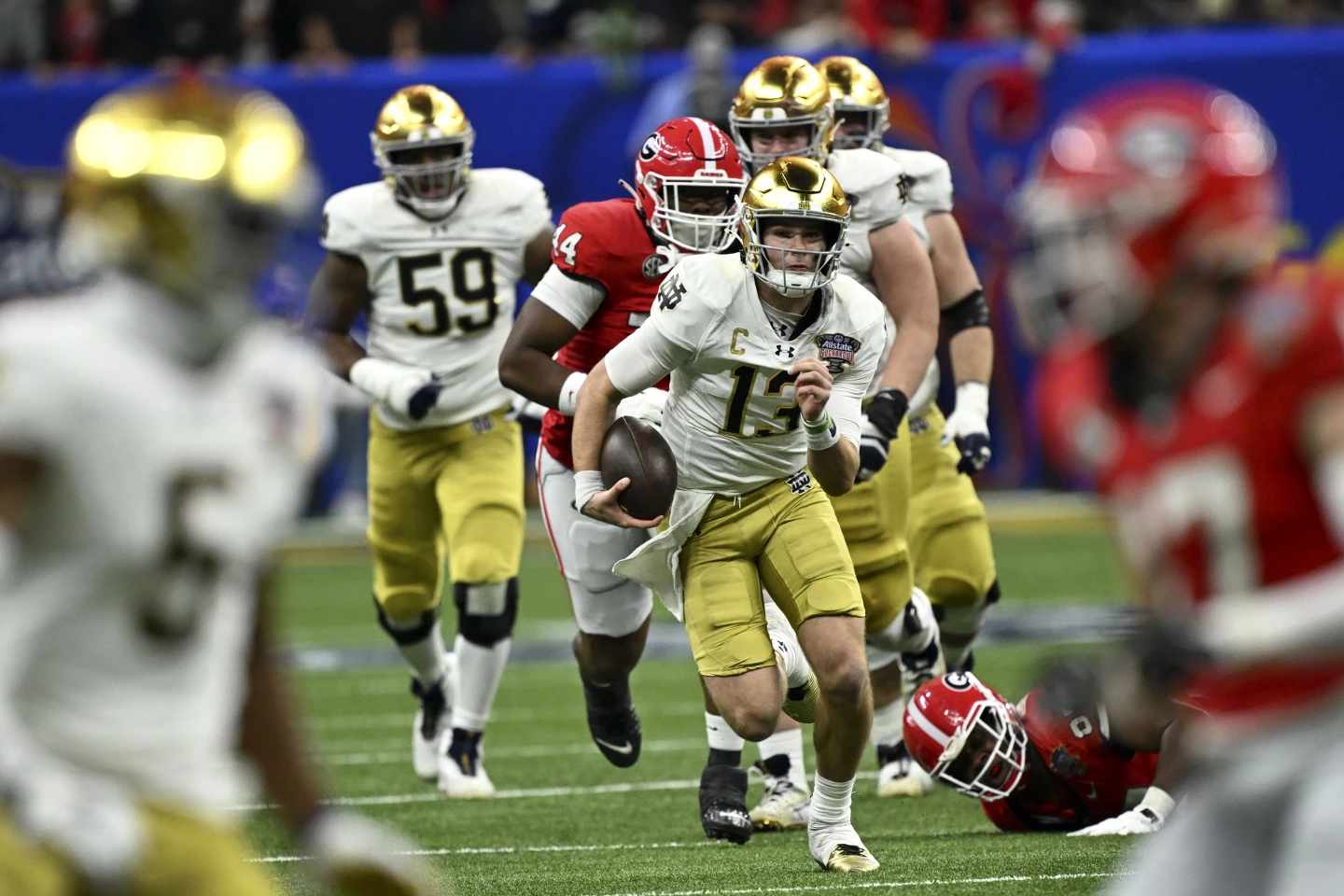
Freeman’s potential achievement, coming more than 40 years after a Black basketball coach first reached a similar milestone, highlights how much progress is still needed in college sports. The hiring of minority coaches has been a significant challenge in this area for many years.
Rod Broadway, a coach at historically Black universities Grambling State and North Carolina A&T, compared today’s Black football coach to the Black quarterback of the 1970s — once a rare sight but now more common.
Recent trends have made the path for Black coaches uncertain. There has been significant backlash against affirmative action and diversity, equity, and inclusion (DEI) initiatives, especially after the Black Lives Matter movement grew in response to George Floyd’s death in 2020.
Since then, the Supreme Court ruled against affirmative action in college admissions, Florida removed funding for DEI programs in public universities, and states have introduced laws regulating transgender athletes in sports.
Against this backdrop, questions arise about whether college football mirrors society, serves as a change agent, or is neither.
Heading into this year’s postseason, Black men held 11.9% of head coaching positions at the highest level of college football. This is nearly 7% lower than in the NFL, where the Rooney Rule was put in place in 2003 to require teams to interview minority candidates for open coaching positions.
There is no such rule in college football, except for a policy in the West Coast Conference, which does not have a football program.
Freeman, who is of African American and South Korean descent, was thoughtful when asked about the historical importance of his victory in the semifinals, where he coached against Penn State’s James Franklin, who is also Black. Freeman expressed his hope that all great coaches, regardless of race, would continue to be given opportunities to lead young men.
“It is an honor, and I hope all coaches, minorities, Black, Asian, white, it doesn’t matter, great people continue to get opportunities to lead young men like this,” Freeman said.



